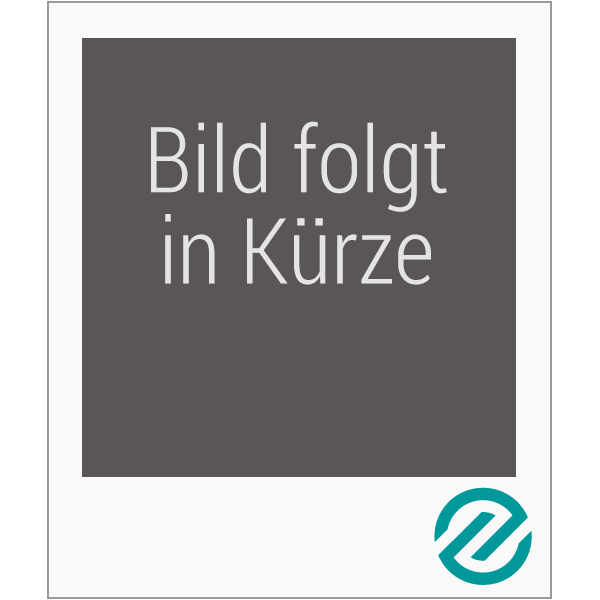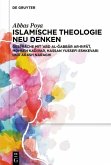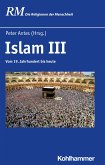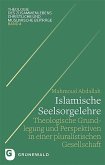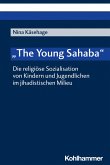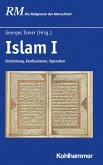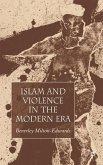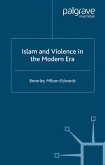The post-classical period is a very important period and the connecting bridge between the classical and the modern Islamic thought. The main feature of this period is the reconciliation between philosophy and kalam which becomes visible in the works of Fakhr al-Din al-Razi (d. 1209) . Further, inter- disciplinary connections between the Islamic sciences became an important characteristic element and took place between many disciplines.
We find attempts of reconciliation between Kalam and philosophy in Fakhr al-Din al-Razi's work al-Ma alib al-Aliya. Razi also used philosophy in interpreting qur'anic verses in his Tafsir Mafatih al-Ghayb, bringing an interdisciplinarity into Qur'anic Studies. Razi's attempt produced what we can call philosophical Kalam and opened the door for other Mutakallimun after him to take up an integral part of philosophical thinking, among them such as al- usi (d. 1274) and al-Taftazani (gest. 1390). In Sufism, Ibn Arabi (d. 1240) and al-Jili(d. 1424) made great use of philosophical concepts, founding a trajectory of philosophical mysticism which culminated in the works of Mulla Sadra (d. 1640).This volume sheds light on these and many other theologians and philosophers, Sufis and jurists (fuqaha') from the post-classical period, whose works demonstrate an interdisciplinary tendency.
We find attempts of reconciliation between Kalam and philosophy in Fakhr al-Din al-Razi's work al-Ma alib al-Aliya. Razi also used philosophy in interpreting qur'anic verses in his Tafsir Mafatih al-Ghayb, bringing an interdisciplinarity into Qur'anic Studies. Razi's attempt produced what we can call philosophical Kalam and opened the door for other Mutakallimun after him to take up an integral part of philosophical thinking, among them such as al- usi (d. 1274) and al-Taftazani (gest. 1390). In Sufism, Ibn Arabi (d. 1240) and al-Jili(d. 1424) made great use of philosophical concepts, founding a trajectory of philosophical mysticism which culminated in the works of Mulla Sadra (d. 1640).This volume sheds light on these and many other theologians and philosophers, Sufis and jurists (fuqaha') from the post-classical period, whose works demonstrate an interdisciplinary tendency.

